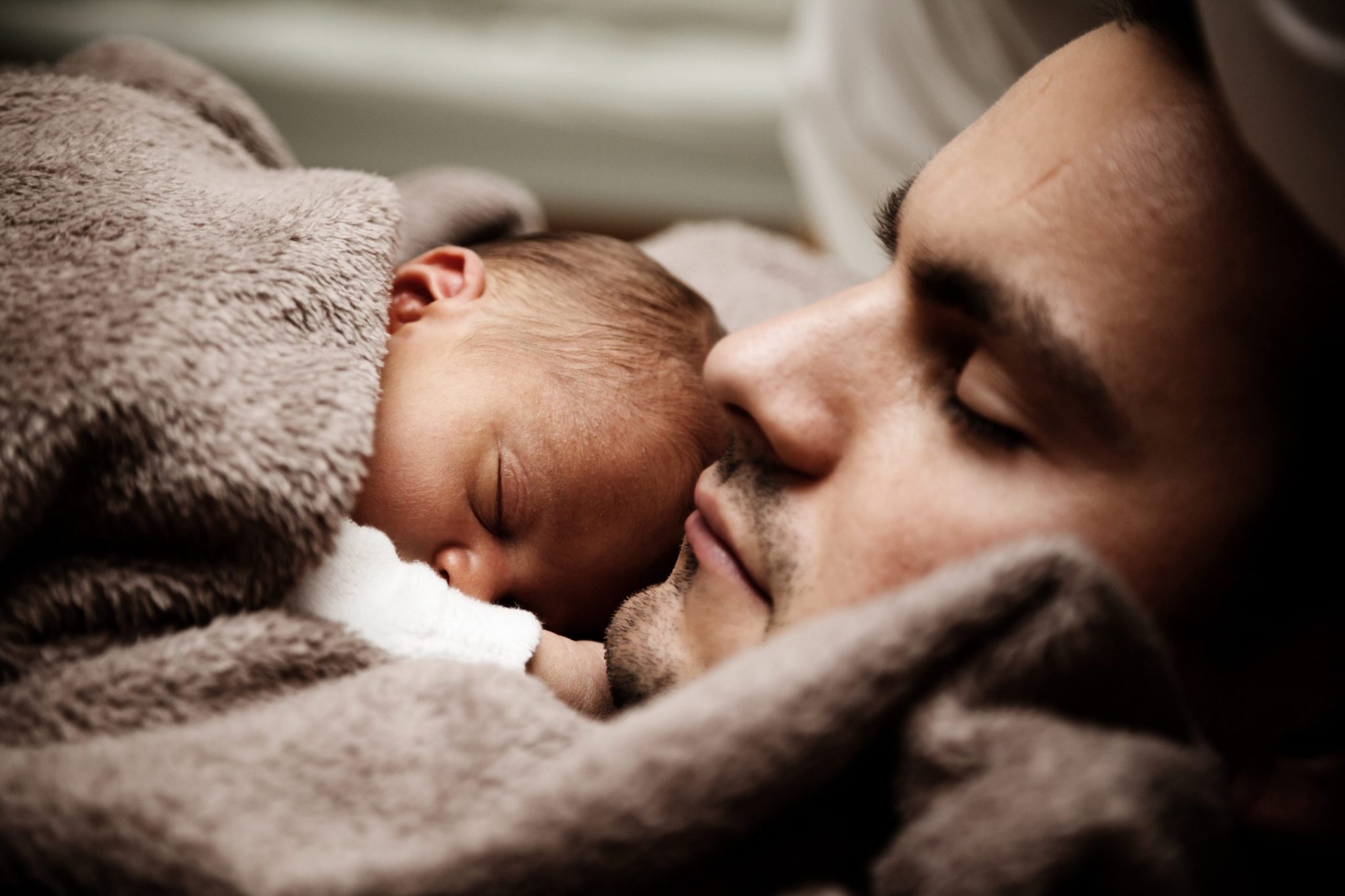As parents, we often hear about the importance of feeding, playing, and teaching our children to support their growth, but one of the most critical—and sometimes overlooked—factors in a child’s development is sleep. Far from being a passive activity, sleep plays an active and essential role in building the foundation for healthy brain development. From infancy through early childhood, quality sleep supports the formation of neural connections, strengthens memory, and aids emotional regulation, all of which are essential for a child’s cognitive and emotional well-being.
However, ensuring consistent, restful sleep can be challenging. Newborns have unpredictable sleep cycles, toddlers can struggle with bedtime resistance, and even the best-laid routines can be disrupted by growth spurts or environmental changes. This is where sleep monitoring comes into play. By tracking sleep patterns and identifying disturbances, parents can create an environment that supports optimal rest for their little ones.
In this article, we’ll explore why sleep is so critical for brain development, how parents can monitor and improve their child’s sleep, and how tools like Invidyo can make this process easier and more effective.
Why Sleep Is Crucial for Brain Development
Sleep is far more than just a time for rest—it is a vital process that drives brain growth and functioning in children. During sleep, a child’s body and mind undergo numerous processes that shape their cognitive, emotional, and physical development.
A 2020 study published in Nature Reviews Neuroscience highlights how sleep fosters synaptic pruning, a process where unnecessary neural connections are eliminated to make room for more efficient pathways. This refinement is crucial for learning and memory.
Here’s a closer look at why sleep is so essential:
Growth and Repair
- Sleep, especially deep sleep, triggers the release of growth hormones, which are essential for physical and neurological development.
- During these hours, the body repairs tissues and creates new cells, supporting overall health and strengthening the immune system. For babies and toddlers, whose brains are developing rapidly, this repair process is crucial for optimal growth.
Memory Consolidation
- Sleep plays a key role in consolidating memories and enhancing learning. Studies show that during sleep, the brain organizes and stores information acquired throughout the day.
- For young children mastering new skills—whether it’s crawling, walking, or learning new words—this consolidation process ensures they retain and build upon their experiences.
Emotional Regulation
- Sleep is directly linked to a child’s ability to manage emotions. Poor sleep can lead to irritability, mood swings, and difficulties in handling stress.
- Conversely, well-rested children are more likely to develop resilience and display positive social behaviors, which are fundamental for long-term emotional well-being.
The American Academy of Pediatrics emphasizes that adequate sleep in early childhood correlates with better attention spans, problem-solving skills, and emotional regulation as children grow.
ALSO READ: Sleep Problems In Children With Special Needs









